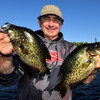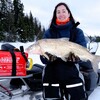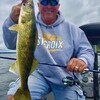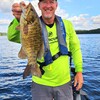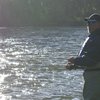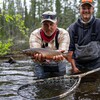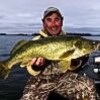How to Become a World-Class Fishing Guide
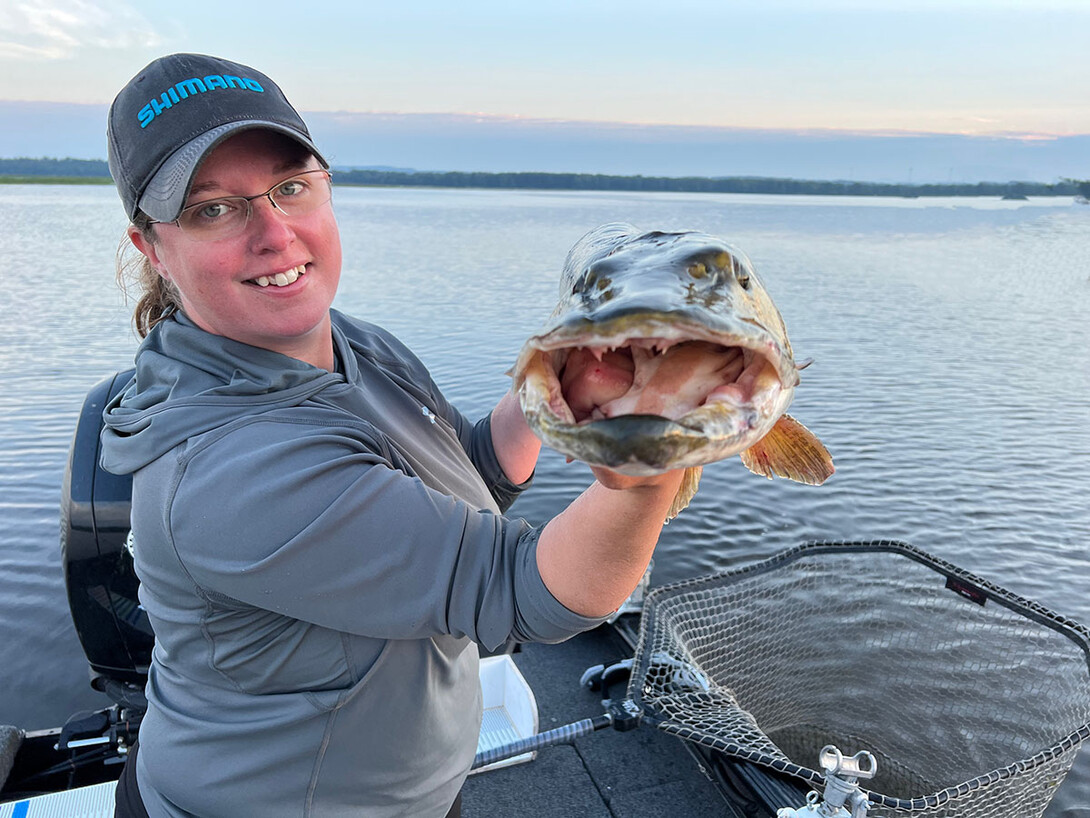
Most of us would trade jobs with Lisa Goodier in a heartbeat. She is a top-flight professional Ontario fishing guide with the Ottawa River Musky Factory and is on the water almost every day from the season opener in early June until the snow starts flying in mid-December. So, I chuckle when I ask her, in jest, if she is embarrassed to get paid for fishing every day because I know if she had a frying pan in her hand, she’d whack me over the head with it.
“That has to be the biggest misconception of them all,” she laughs, “that I get to fish all the time. I did over 100 charters last year and maybe made a cast on ten of those occasions. There were days when clients insisted that I fish, or I had youngsters in the boat and could set the hook and pass the rod over to them.”
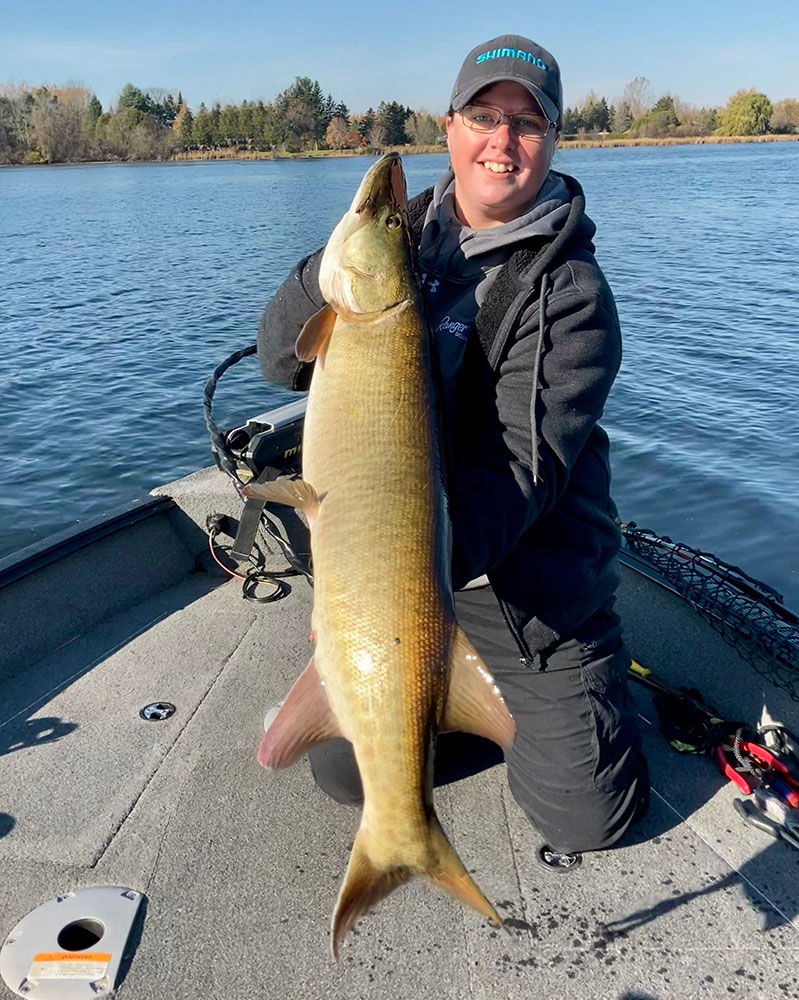
“Muskies are known as the fish of 10,000 casts and you typically only get one or two chances a day to hook one. So, my focus is always on making sure my clients are ready for that moment. I look at myself as a coach whose job it is to prepare my guests for the best chance of success. I watch carefully to make sure they are casting efficiently and effectively, working their lures properly and finishing up well at the side of the boat. Forty percent of the muskies we catch, hit at the very last moment, within ten feet of the boat, so I prepare my guests to be ready to set the hook, understand how the fish is going to fight and then bring it to the net headfirst. When all is said and done, my guests pay me to put them on fish. It is their chance of a lifetime. Watching me get the only shot — or catch a muskie — would be a terribly awkward end to the day. I want every guest to have the best possible experience chasing this elusive trophy.”
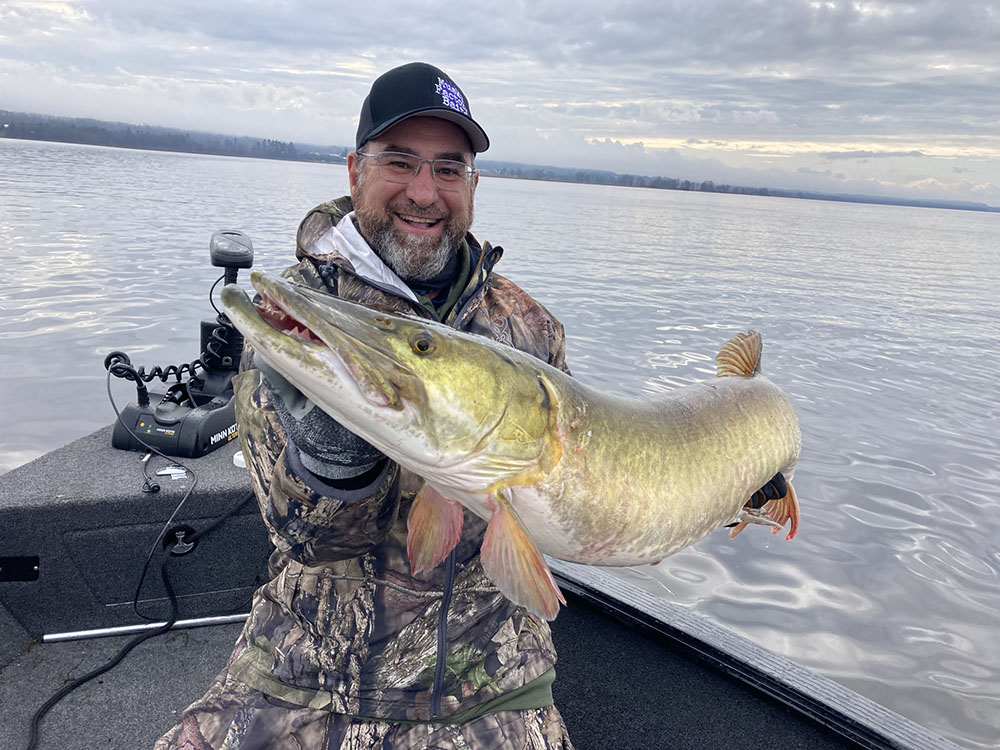
What also goes unnoticed most of the time is that professional fishing guides like Goodier are super-skilled boaters who know how to position their large boats using a powerful electric trolling motor, to take advantage of every nuance in the current, wind and waves. She knows far better than most, too, how to read her sonar and electronics, sharpen hooks so they penetrate with ease, change lures as the wind, weather and water conditions dictate and adjust fishing strategies as a result of feedback — or lack thereof — from the fish.
And then there is everything that goes on behind the scenes, long before her guests show up on the dock and just as long after they depart. “I typically leave the house around 5:00 o’clock in the morning and don’t get back home until 11:00 o’clock at night. A typical day starts with me launching the boat for a five-hour morning charter. Then, after I drop off my clients, I put the boat back on the trailer, start answering phone calls and emails, work on social media, maintain my gear, arrange deposits, and do some bookkeeping. If I am lucky, I might get 30 minutes for a nap before I relaunch for the evening charter. I am my own marketing manager, social media content creator, accountant, and head of the human resources department.”
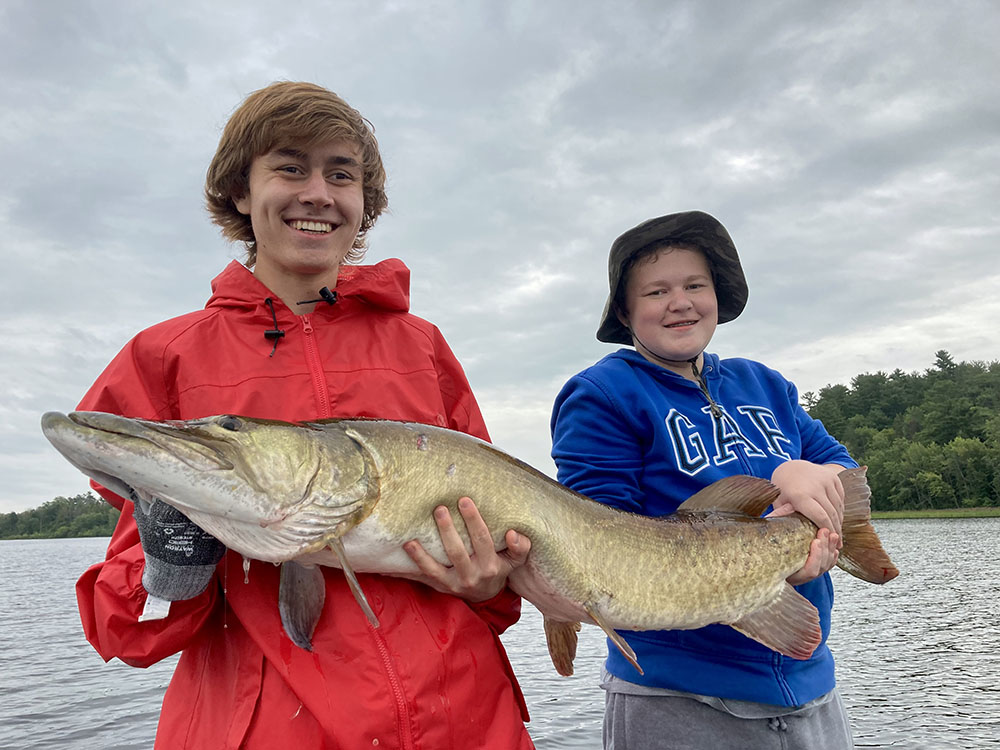
Knowing how hard it is to be a professional fishing guide, I am feeling really brave now, so I tease Goodier about the big bucks guides like her make. “Our expenses are insane,” she says, “I have truck payments, boat instalments, commercial insurance, huge equipment costs and constant maintenance fees. I spent over $10,000 on fuel last year alone. Trust me, I didn’t take on this career to get rich. I do it because I am passionate about fishing. It’s incredibly rewarding to help folks catch their very first fish, their personal best muskie or get positive feedback about how much they learned fishing with me.”
So, I sense that despite the long hours and sometimes brutal weather conditions, that she has no regrets. “None whatsoever,” she smiles, “As tough a gig as it can be, the satisfaction I get from being involved in peoples’ fishing experiences is awesome. Spending time getting to know guests who become your friends is just so rewarding. It doesn’t hurt that I have the best view from the office.”
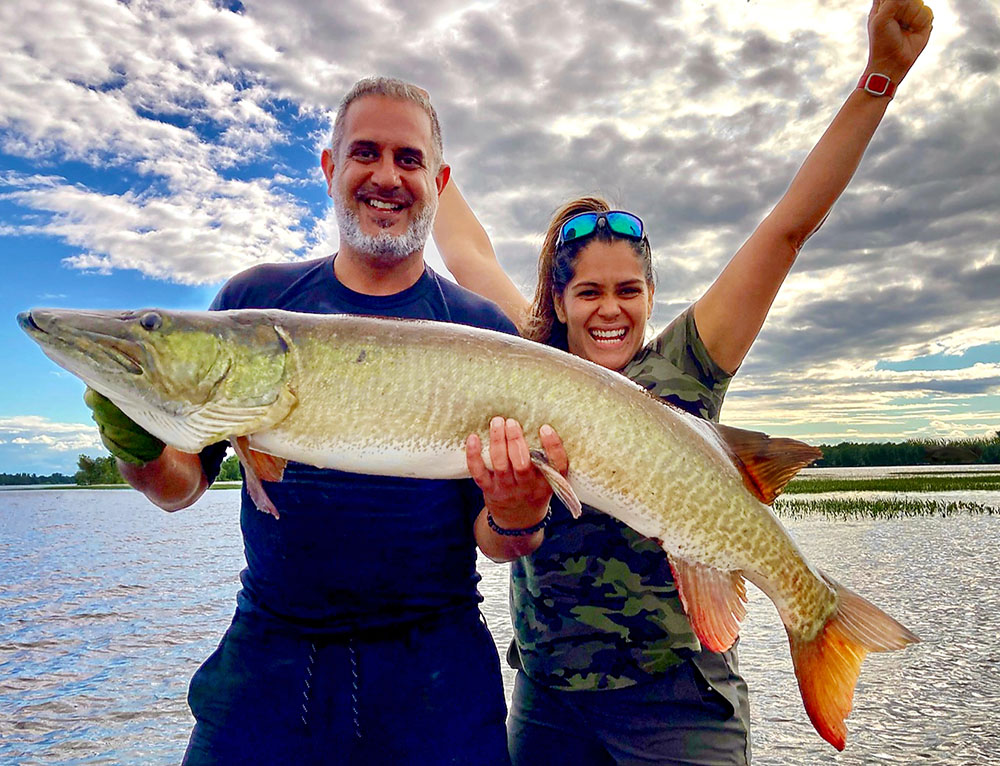
Recommended Articles
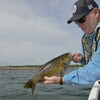
Why Georgian Bay is a Fly Angler’s Final Frontier
Ontario Brook Trout
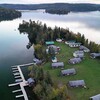
Heavy Rods and Heart-Stopping Follows: Fly Fishing for Muskies
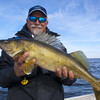
Pike and Walleye: Ontario’s One-Two Punch
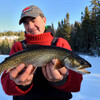
Speckle Splake Spectacular
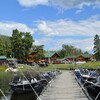
Witch Bay Camp
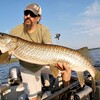
The Tigers of Sunset Country
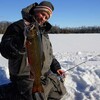
Shoreline Strategies
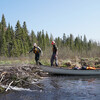
Algonquin Brook Trout
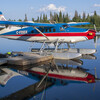
A Guide to Fly-in Ontario Lodges
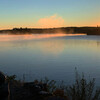
Discover Chapleau Lodge
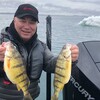
Spring Perch Fishing
Top Ranked Flies For Catching Brown Trout
Catching Ontario Walleye
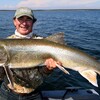
Crackin' The Code
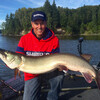
Best of The Musky West
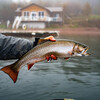
Casting for Coasters
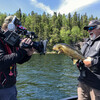
Legendary Walleye at Hawk Lake Lodge
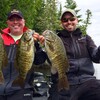
Four Seasons of Bass in Ontario
